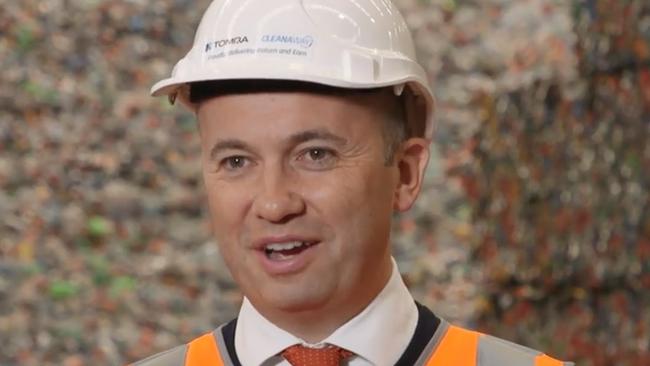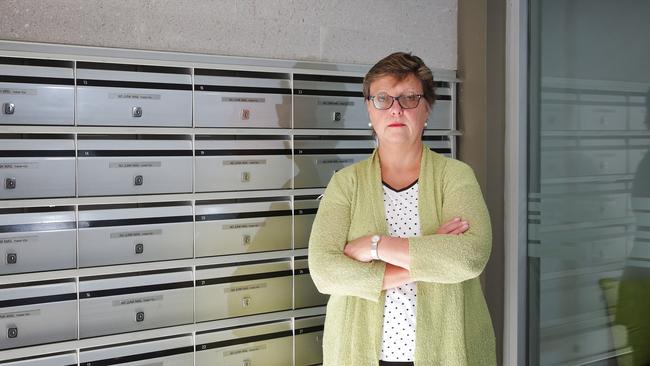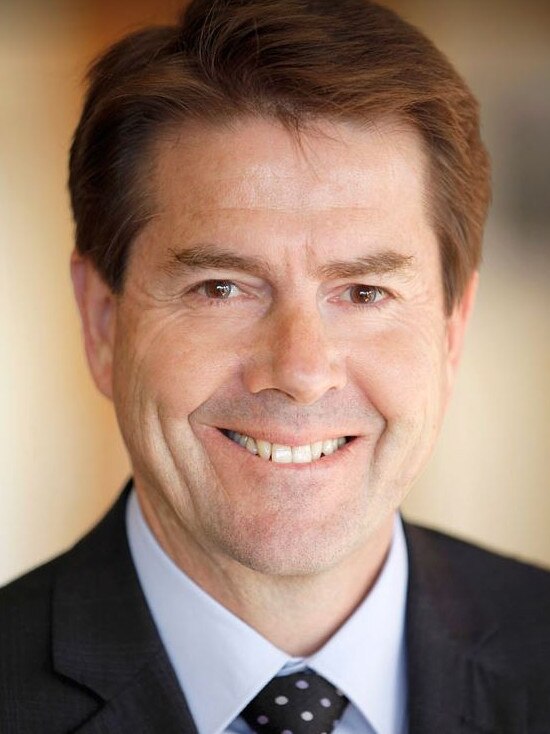Apartments paying higher power bills with embedded networks
People living in apartments are being treated as “second class citizens” by paying more for electricity after the state government abandoned plans for reforms which would have saved people thousands of dollars on power bills.
NSW
Don't miss out on the headlines from NSW. Followed categories will be added to My News.
Electricity consumers living in apartments are being treated as “second-class citizens” after the government squibbed on reforms that would have saved unit owners thousands of dollars.
The NSW government is being blasted for allowing developers and electricity providers to continue to run monopolies in new buildings.
The so-called “embedded networks” allow utility companies to build internal gas, electricity, hot water and stormwater systems, in return for developers locking owners and tenants into long-term contracts.

In October last year then Better Regulation Minister Matt Kean promised to “flick the switch on these restrictive deals” as part of the 2018 Better Business Reforms.
“People living in strata schemes should be able to choose their own utility providers — it’s common sense,” he said at the time.
MORE FROM BEN PIKE:
State government declares war on rogue trolleys
Towers beyond Centrepoint to supercharge CBD growth
The reforms were supposed to save apartment dwellers $9 million over 10 years, yet when they came into force on October 1 electricity providers were quietly exempted.
The decision means consumers are often hundreds of dollars worse off every year as the energy companies seek to recoup their costs.
Owners Corporation Network’s Karen Stiles said the government had let down unit owners.
The government said reforms would be ready by mid-2020.
“As peak body for apartment owners, the Owners Corporation Network was greatly disappointed to discover in mid-2019 that the government had failed to deliver on this promise, by specifically carving out embedded networks,” OCN executive officer Karen Stiles said.
“Once again the government has placed the consumer rights of apartment owners below all other stakeholders.”

Better Regulation Minister Kevin Anderson did not respond to requests for comment.
A NSW Government spokeswoman said: “Embedded electricity networks were not subject to the reforms as the Australian Energy Market Commission (AEMC) has been developing a national approach to ensure that consumers have appropriate protections, but are still able to receive the benefits embedded networks can provide”.
“The AEMC anticipates those reforms will be implemented by mid-2020,” she said.
South Australia already has laws protecting consumers from embedded networks.
Ms Stiles and Green Strata president Christine Byrne said the government’s timeline was “wildly optimistic”.

“The smart thing to do would be to include embedded electricity networks in NSW laws — as they had originally planned — and then amended that legislation if necessary once the national rules are legislated,” she said.
“Electricity is by far the biggest utility. Those of us who own or live in apartments are treated as second class citizens compared to those in free standing houses.”
There’s about 150,000 embedded network customers in NSW, according to The Australian Energy Market Commission’s June 20 report.
The report found customers have been banned from installing air conditioners because of limited capacity on the internal embedded network.
Unlike standard grid connected customers, there are no clear connection obligations or connection standards for embedded network customers.
Embedded network customers have also avoided disputing high bills because their energy provider is also their landlord and been forced to jump through more bureaucratic hoops to access the same NSW government energy rebates as standard customers.
Couple Six De-Saint Hillaire and Amy Scarella were shocked when they moved into their new rental apartment in Campbelltown and told they had to go with Origin Energy, paying 21.149 cents per kilowatt hour and 91.179 cents daily service charge.

This was higher than his previous deal with QEnergy, where they paid 19.894 cents per kilowatt hour and 83 cents daily service charge.
“Over a year this turned out to be $170 more on top of our yearly bills of $1200,” Mr De-Saint Hillaire, 33, said.
“I thought this was absolutely outrageous yet there was nothing we could do about it.”
The couple have since moved to another apartment block and have returned to Q Energy.
The reforms do limit new contracts entered into post commencement to three years, but contracts entered into prior to commencement can go for 10 years.
These are often with unreasonable terms entered into by the developer and foisted on unsuspecting purchasers at the first annual general meeting for approval.
NSW Tenants Union spokesman Leo Patterson-Ross said energy prices were already a significant cost of living and people need to be able to get the best deal.
“When someone is moving into a new home, they need better information about how much living there might cost them,” he said.
“If you can’t choose your energy company and get the best prices from the market, then we should ask why we bothered privatising the industry at all.”
